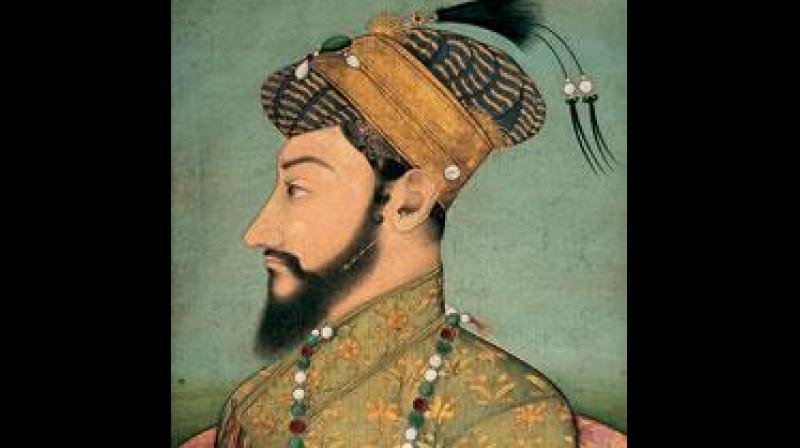Records say Aurangzeb was a just, strict and reasonable administrator
Ruler named Raja Jai Singh viceroy of Deccan.;

Hyderabad: According to a document in Persian of the Shikasta script, Mughal emperor Aurangzeb was a strict administrator. A study of the document of 1665/1666 by the Telangana State Archives and Research Institute has thrown up interesting facts.
Mughal emperor Shah Jahan fell ill and his sons fought among themselves over succession. Aurangzeb won the war of succession and ascended the throne on July 21, 1658. He ruled till 1707 AD.
In recognition of Raja Jai Singh’s contribution to his Army and his services in the Deccan, Aurangzeb promoted him to the rank of 7,000 zat and 7,000 sawar.
As per The Mughal Nobility of Aurangzeb by Athar Ali, Jai Singh was also given the title of Umdat-ul-Mulk, Mirza and Raja. This was one of the highest military ranks in the Mughal empire normally enjoyed by royalty like princes and close relatives of the emperor.
Zat indicated the number of troops which a mansabdar (a high ranking official in Mughal era) would maintain, while sawar means the number of cavalry under his command.
“Prior to Raja Jai Singh, Prince Muazzam and Shaista Khan (father-in-law of Aurangzeb) were the viceroys of the Deccan. Raja Jai Singh was ordered to go to Deccan to take charge of as viceroy and Sarfraz Khan and other mansabdars were asked to accompany him,” Zareena Parveen, who heads the Archives Institute, and did the research, told this newspaper.
She added, “Sarfraz Khan did not comply with the imperial orders. Raja Jai Singh complained to Emperor Aurangzeb about the behaviour of Sarfraz Khan and recommended punishment.”
According to the documents with the Archives department, Aurangzeb readily agreed to Jai Singh’s plea and reduced 1,000 zat and 1,000 sawar from Sarfraz Khan’s 5,000 zat and 4,000 sawar.
“Documents pertaining to Aurangzeb’s rule clearly show that in administrative matters, Aurangzeb was just, strict and reasonable. He wanted to maintain discipline at any cost. He did not take decisions based on religion or any other consideration, but solely on the grounds of good governance,” she added.
According to the Archives director, Jai Singh took over the viceroyalty (subedari) of the Deccan on March 1, 1665. Though the post of Mirza Raja Jai Singh has not been indicated in the document, but on the basis of the information from contemporary Mughal period books, it can be safely said that Jai Singh held the post of subedar at that time.

